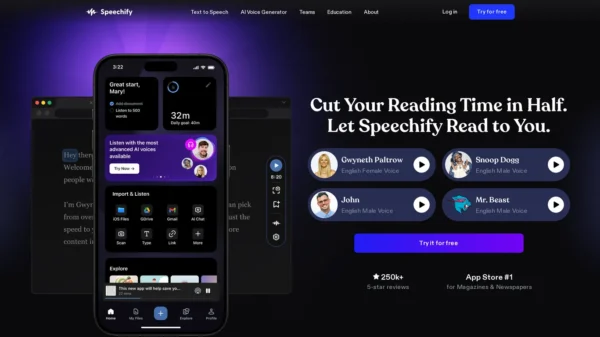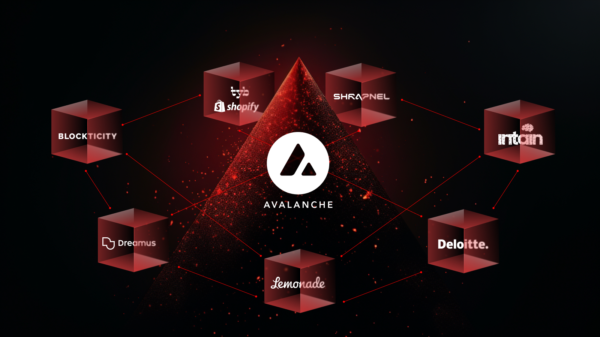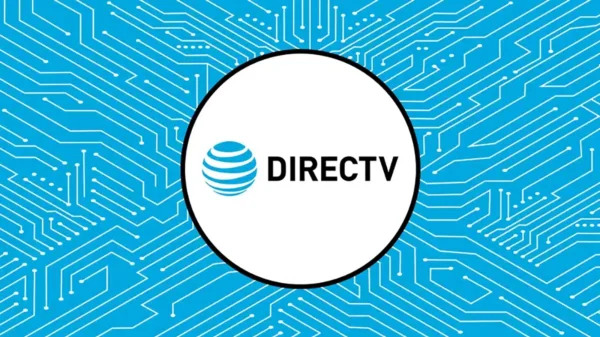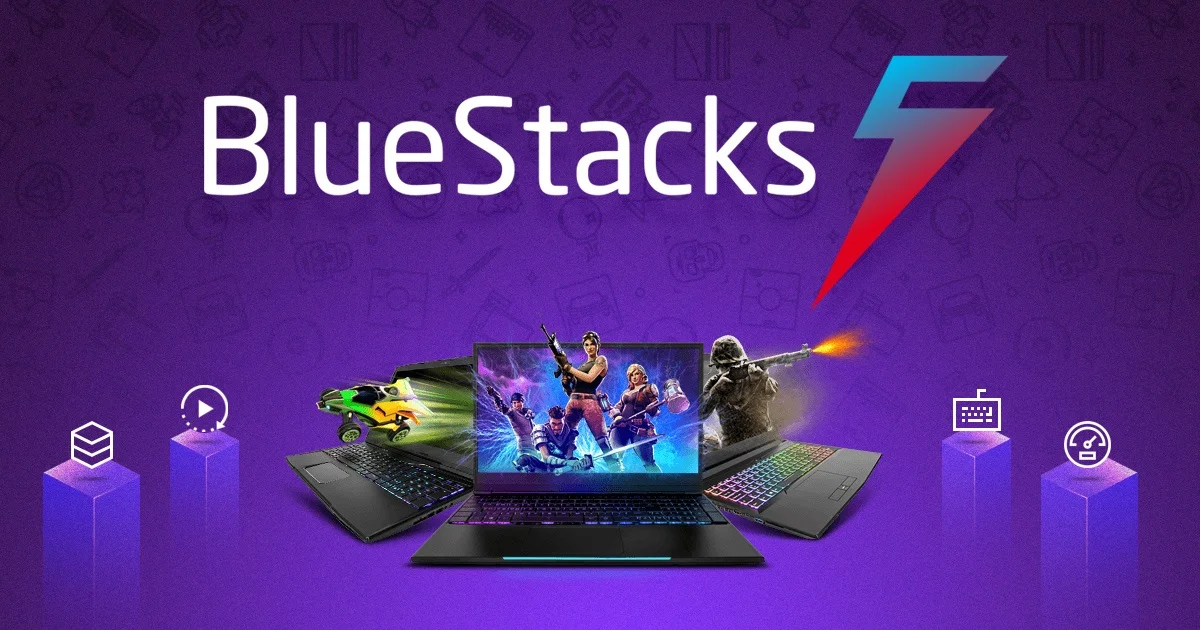Key Takeaways
| Key Points | Details |
|---|---|
| Importance of Link Building | Enhances search engine ranking, drives traffic, and builds credibility. |
| Types of Quality Links | Natural links, outreach links, and self-created links. |
| Strategies for Acquiring Quality Links | Content creation, guest blogging, and broken link building. |
| Avoiding Bad Practices | Stay clear of link farms, paid links, and irrelevant link exchanges. |
| Monitoring and Maintaining Links | Use tools like Google Analytics and Ahrefs to track and manage links. |
Introduction
In the ever-evolving landscape of SEO, link building stands as a cornerstone strategy for improving your website’s visibility and authority. Quality links are not just about quantity; they are about relevance, context, and the value they bring to your audience. This guide delves into the nuances of link building, offering actionable insights to help you harness its power effectively.
Understanding the Importance of Link Building
Link building is a critical aspect of SEO that involves acquiring hyperlinks from other websites to your own. These links act as votes of confidence from other sites, signaling to search engines like Google that your content is valuable and trustworthy. High-quality links can:
- Boost Search Engine Rankings: Websites with more high-quality backlinks tend to rank higher in search engine results pages (SERPs).
- Drive Referral Traffic: Links from reputable sites can bring targeted traffic to your site.
- Enhance Credibility: Being linked by authoritative sites enhances your site’s credibility and reputation.
Types of Quality Links
Natural Links
Natural links are earned organically without any direct action from the site owner. They are a testament to the quality and relevance of your content. For example, a blogger who links to your article because they find it valuable is creating a natural link.
Outreach Links
Outreach links are acquired through proactive efforts. This involves reaching out to webmasters, bloggers, or influencers in your niche and requesting them to link to your content. Effective outreach requires personalized communication and demonstrating the value your content can offer to their audience.
Self-Created Links
These links are manually added by the website owner. They can be created through blog comments, forum signatures, or user profiles. While these links are easy to obtain, they are often of lower value and should be used sparingly to avoid penalties.
Read more articles.
Strategies for Acquiring Quality Links
Content Creation
High-quality content is the backbone of any successful link-building strategy. Create content that is:
- Informative and Valuable: Content that addresses the needs and interests of your target audience is more likely to be linked to.
- Original and Unique: Unique insights, research, or data can attract more links.
- Visually Engaging: Infographics, videos, and images can enhance content appeal and shareability.
Guest Blogging
Guest blogging involves writing articles for other websites in your niche. This strategy can:
- Expand Your Reach: Tap into the audience of established blogs.
- Build Relationships: Establish connections with other bloggers and site owners.
- Earn Quality Links: Include relevant links back to your site within the guest post.
Broken Link Building
This technique involves finding broken links on other websites and suggesting your content as a replacement. Tools like Ahrefs and SEMrush can help identify broken links, and outreach emails can propose your content as a viable substitute.
Avoiding Bad Practices
Not all links are created equal, and some can harm your site’s reputation. Avoid the following practices:
- Link Farms: Networks of sites that link to each other solely to boost rankings.
- Paid Links: Buying links can lead to severe penalties from search engines.
- Irrelevant Link Exchanges: Exchanging links with unrelated sites can dilute your site’s relevance and authority.
Monitoring and Maintaining Links
Once you have acquired quality links, it’s crucial to monitor and maintain them. Use tools like:
- Google Analytics: Track referral traffic from your backlinks.
- Ahrefs: Monitor your backlink profile and check for any lost or broken links.
- Moz: Analyze the authority of your linking domains and ensure they remain relevant and high-quality.
Regularly review your backlink profile to identify and disavow any harmful links, ensuring your link-building efforts continue to support your SEO goals.

Conclusion
Effective link building is a blend of strategic planning, quality content creation, and ongoing maintenance. By focusing on acquiring quality links through ethical practices, you can enhance your website’s visibility, drive more traffic, and build a robust online presence. Embrace these strategies and watch your site’s authority and rankings soar.
References
- Ranktracker provides insights into different types of links important for SEO, such as editorial links and user-generated links. They also discuss the impact of AI on link building, including spotting opportunities, automating outreach, and generating content (RankTracker).
- SalesHive emphasizes building a targeted outreach list, leveraging social media for link opportunities, and best practices for guest blogging. They also discuss advanced tactics like broken link building and harnessing unlinked brand mentions (SalesHive).
- Backlink Manager outlines strategies for using social media for link building, engaging with influencers, and creating collaborative content. They highlight the importance of social media synergy and relationship-based link building (BacklinkManager).
- 618 Media focuses on creating shareable content, engaging with your audience on social media, and collaborating with influencers and brands. They also touch on advanced techniques like AI in link building, interactive content, and data-driven research (618Media: #1 Digital Marketing Agency).








































































Pingback: Hardware and Software: 1 Dynamic Duo of Computing